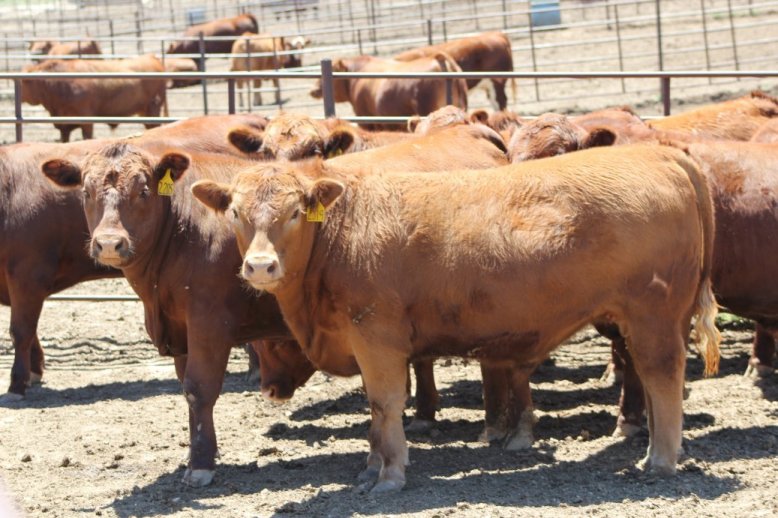
By Rob Eirich, UNL Extension Educator and Nebraska Director of BQA
Nebraska Cattlemen have demonstrated a commitment to the integrity of today’s beef products through implementing sound cattle management practices. Consumers are looking for beef raised in a healthy and safe environment. An appropriate Herd Health Plan/Protocol ensures all cattle are raised with good health management practices.
A strong Herd Health Plan begins with a yearly production calendar which includes cattle nutrition, reproduction management, vaccination schedules, and marketing, all of which are critical to sustainable beef cattle production. Fitting management practices to cattle needs is improved by looking at a year production cycle month by month. An example of a Beef Production Calendar can be found on the UNL beef website at http://beef.unl.edu.
Once a Production Calendar is developed, producers can begin to work with their veterinarian to plan a specific herd health management plan. By utilizing your local veterinarian, cattle operations can best tailor the health management to deal with local diseases, parasites and other regional health issues. Most Herd Health Plans have core vaccinations such as IBR, BVD, BRSV, PI3, Clostridials, Brucella, Lepto, Vibrio, etc. in addition to parasite controls. Concerning your herd’s health, there are many options and considerations, recommendations from your veterinarian can help you better meet the health requirements of your herd. Depending on labor and timing, developing a strong plan will improve effectiveness and improve the economics for the operation.
Don’t forget, nutrition is an important element of all Herd Health Plans. Building a nutrition plan around utilizing available feedstuffs and water supplies is a vital part of the yearly management calendar. Additionally, a cattle health and nutrition plan go hand-in-hand. Working with a qualified nutritionist can improve the economic bottom line and improve the value realized from their health program.
Lastly, remember to follow all product labels pertaining to dosage, administration, storage, and withdrawal times and to keep good health records.
For more information about Nebraska Beef Quality Assurance or to get BQA certification, contact Rob Eirich, UNL Extension Educator and Nebraska Director of BQA at the UNL Panhandle Research and Extension Center 308.632.1230 or reirich2@unl.edu.